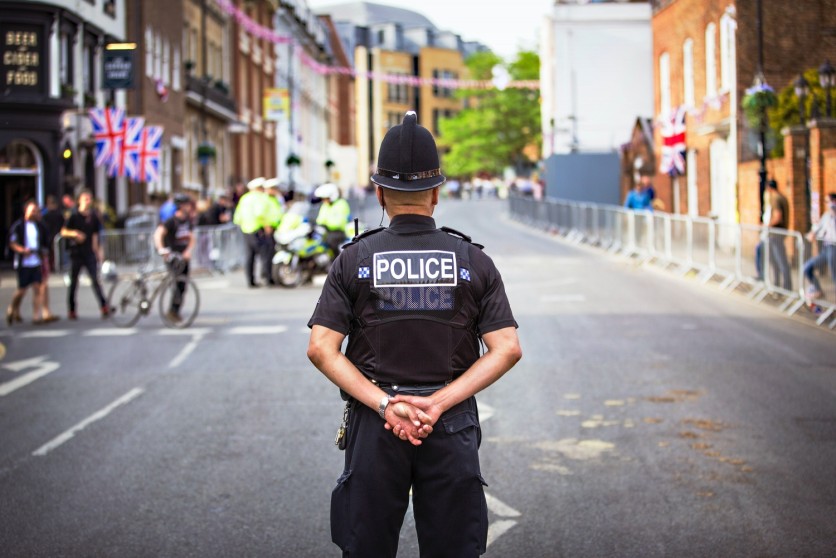The death of George Floyd has brought the importance of smartphone footage. Today, it now plays a crucial role in US police accountability activism. However, in Arizona, things are different.

No More Recording Within Eight Feet
Starting in September, a new law that prohibits the filming of police officers from within eight feet will go into effect. The House Bill 2319 was signed by Gov. Doug Ducey, which states that it will be illegal for people to record police officers from within eight feet following a verbal warning while police conduct law enforcement activity, according to Mashable.
The new law defines enforcement activities as questioning suspicious individuals, arrests, and handling emotionally-disturbed individuals.
It has some exceptions, though; such as vehicle occupants and those in enclosed structures on private property. These people are allowed to film as long as they are not being searched or arrested. Moreover, someone in a car that is stopped by police or is being questioned will be allowed to record the interaction.
Also Read: Robot 'Police' Using 360-Degree Cameras With AI Are Now Patrolling Public Areas in Singapore
The Consequences for Violators
Those who violate the new bill could get a class 3 misdemeanor that comes with a minimum jail time of 30- days, according to the Arizona Mirror.
Originally, the bill made it illegal to record within 15 feet before being changed to reflect eight-foot moving buffer zones that were implemented by the US Supreme Court 14 years ago.
Those who support the bill believe that it will keep the officers free from harm. State Rep. John Kavanagh said in an interview with Arizona PBS, "Nobody walks up to a cop when he is questioning a suspicious person or arresting somebody and stands one or two feet away. Common sense says you're asking for trouble."The police officers in the state are some of the highest-paid employees.
A Lot of People Disagree
However, free speech advocates condemned the bill as they believe it is vague, unconstitutional, and gives cops disproportionate discretion to enforce. Moreover, they said that a law like this will make it more challenging for citizens to hold the police accountable for misconduct.
In February, the National Press Photography Association signed a letter that encouraged the governor to veto the bill. Some of the signatories included The Atlantic, The Associated Press, The New York Times, and the Society of Professional Journalists.
A statement in the open letter expressed concerns about how the bill will violate free speech and press clauses of the First Amendment and counter the established right to record and photograph cops conducting their official duties in a public place.
Police violence in the US has been a problem for many years. Across the nation, there are various cases where police officers were caught on camera while they were assaulting or shooting people in the streets. Also, the issue of police brutality and misconduct against young black men and women has made the national headlines and sparked protest.
However, the idea of filming the police in their conduct has enhanced the debate. And since smartphones are almost everywhere and most people are now armed with smartphones, the footage of police misconduct is now starting to become more common. However, with the passage of the new law in Arizona, it seems like video recording and filming will only get more difficult in the future.
Related Article: CFMoto's New Electric Motorcycle Designed Specifically for Police Departments! Here are 300 GT-E's Details
This article is owned by TechTimes
Written by April Fowell
ⓒ 2025 TECHTIMES.com All rights reserved. Do not reproduce without permission.
![Best Gaming Mouse For Gamers With Smaller Hands [2025]](https://d.techtimes.com/en/full/461466/best-gaming-mouse-gamers-smaller-hands-2025.png?w=184&h=103&f=6fd057ef777bd39251d4e7e82e9b23f1)


![Best iPads that Students Can Use in School [2025]](https://d.techtimes.com/en/full/461431/best-ipads-that-students-can-use-school-2025.jpg?w=184&h=103&f=516289300e12e9647ef3d5bd69f49b70)
